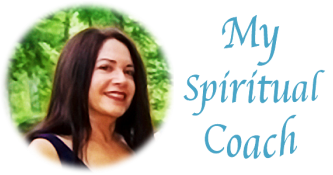Eckart Tolle does not believe in a God that created us from the “dust of the ground,” the way a potter forms a clay pot. Rather, we have emerged from the Creative Forces of the Universe. We are the natural outcropping of many physical and spiritual interactions and were not put here by some man-like God who then tasks us with proving that we are worthy of being alive.
Furthermore, Tolle does not believe in the hellish aftermath of life that is imposed by a punitive God who has watched us floundering around as we attempt to keep His commandments. Tolle doesn’t even come from “belief” for belief means we really don’t know but would like to think it is true. Like a child believes in Santa Claus. Rather, Eckhart Tolle comes from a sense of knowing. This knowing is based on his own experiences and not on some fairy tale made up by our forefathers a long, long time ago.

 RSS Feed
RSS Feed